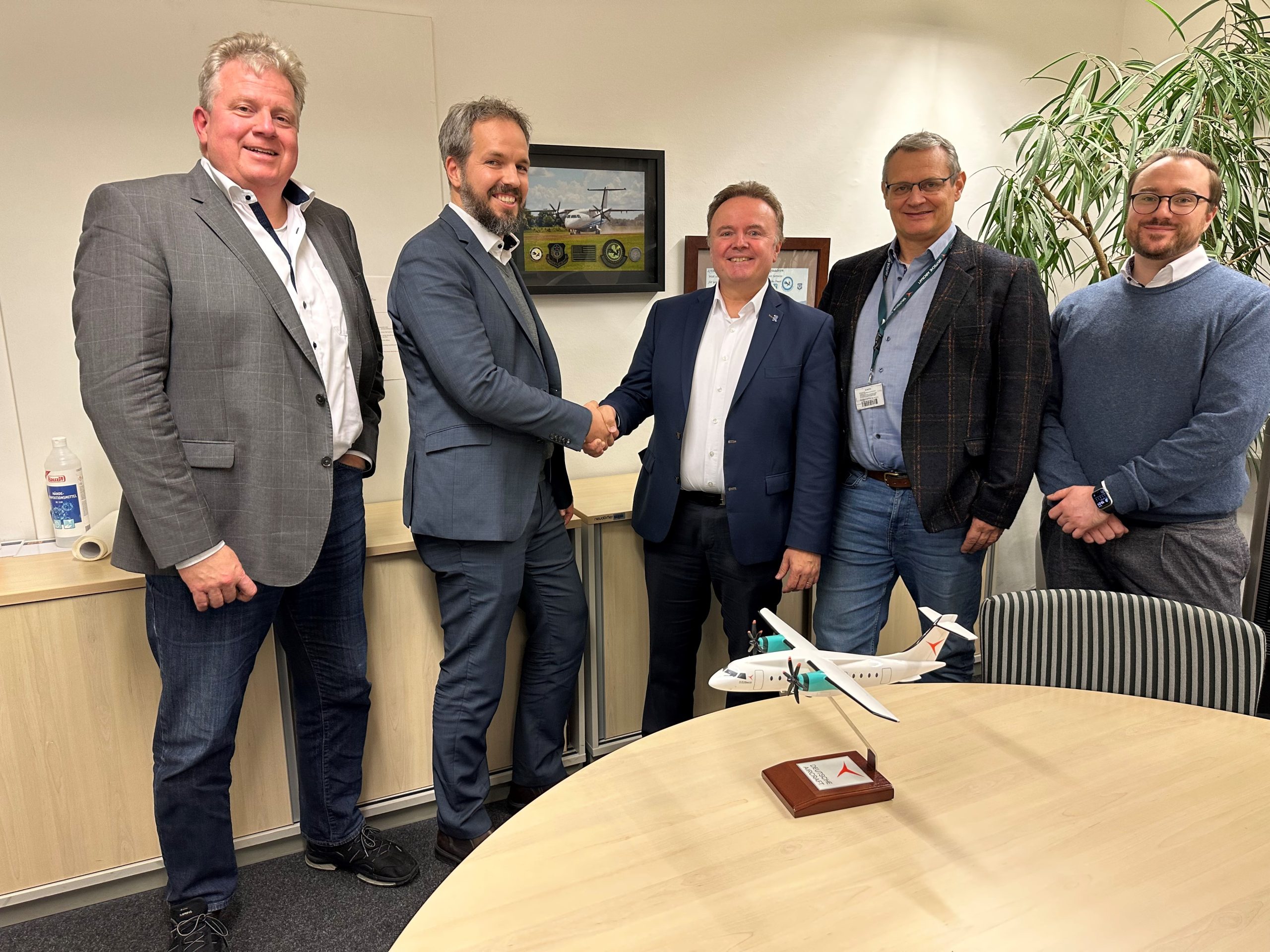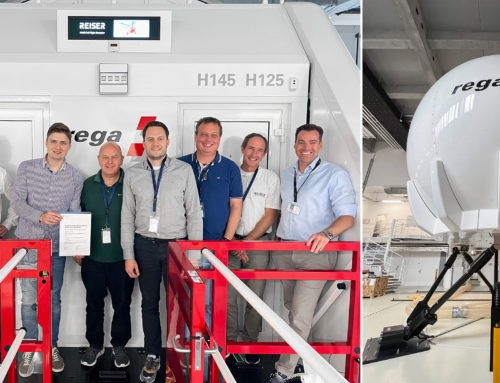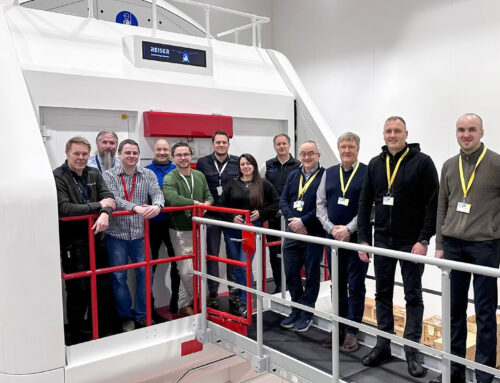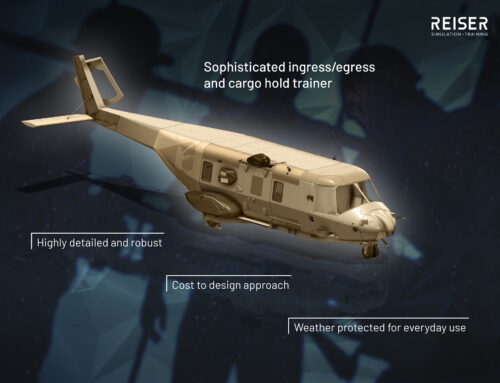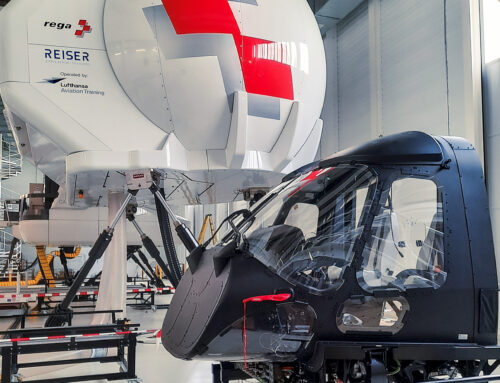Deutsche Aircraft and Reiser Simulation and Training Sign Contract for Engineering Cockpit Simulator Devices
Oberpfaffenhofen, December 22th, 2022. Reiser Simulation and Training GmbH (RST) signed a contract with Deutsche Aircraft GmbH (DA) for the development, production and fielding of engineering simulation devices for Deutsche Aircraft’s new D328ecoTM programme. The contract includes a fully equipped desktop development environment and an engineering simulator, which will accompany the design process of the D328eco. This is a first for RST in the market of commercial aviation.
“Simulation is a key element in any modern aircraft development and we are proud to closely collaborate with Deutsche Aircraft for this project” stated Dr. Roman Sperl, CEO at RST. The simulation tool will be used to ensure robust flight dynamic characteristics, an appropriate system design and clear interface definition, supporting the maturity of the design in early development phases. RST’s long-time experience and profound capabilities were a major factor to ensure a cost-efficient development process. The simulation tools enables the assessment of human factors, including crew awareness, important factors in flight test operations and ultimately contributing to flight safety.
The primary purpose of the desktop simulator tools is to validate the design in matters of stability and control, including a fully equipped and high-fidelity instrumented flight deck, covering a wide range of capabilities from handling qualities analysis, flight control functionality, hazard assessment, avionics and autopilot development to marketing and sales support.
The common core approach to both development devices delivers synergies in component sharing and integration efforts, enables early risk mitigations for subsequent integration steps and promotes consistency between the simulation platforms.

